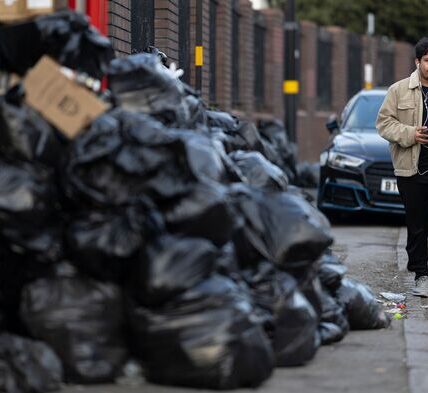The Chancellor is accused of putting ‘taxpayers’ money down the drain’

Chancellor Rachel Reeves is betting big on public investment (Image: Getty)
Britain’s debt interest payments will soar by nearly £80billion as a result of Rachel Reeves’s “unsustainable and dishonest” decisions, Shadow Chancellor Sir Mel Stride has warned. Ms Reeves is accused of ramping up borrowing by £200billion compared with the previous Government’s plans.
Sir Mel said: “Rachel Reeves hasn’t turned on the spending taps – she’s recklessly opened the spending floodgates. Labour is on course to borrow an extra £200billion this Parliament, and shockingly, £80billion of that is just to cover the additional interest on the national debt.
“That’s not investment – it’s taxpayers’ money going down the drain. This is unsustainable, dishonest, and deeply irresponsible.
“Hardworking families will be left to pay the price.”
The Tories expect the annual debt interest bill in 2029-30 to be “a staggering £21billion higher compared to what Labour inherited”.
The spending review suggests council tax is on track to increase by 5% a year.
Sir Mel described this as a “stealth tax baked into Labour’s plans, pushed onto families without the honesty to admit it”.
He said: “This is a Chancellor who’s offloading the cost of her decisions onto taxpayers through the back door – and pretending nothing has changed.”
The Shadow Chancellor is concerned the “borrowing binge” leaves the country “dangerously exposed to future shocks”.
He said: “The current forecasts show the national debt continuing to rise every year, and even those depressing estimates assume the Chancellor can control spending over the coming years which she has so far totally failed to do. She will face growing pressure from her own colleagues and her recent record shows she will fold every time.”
A government source responded: “We will start listening to Mel Stride when he apologises for standing by while Liz Truss crashed the economy.”
Concern about the economy heightened last week when official figures showed gross domestic product (GDP) fell by 0.3% in April, marking the biggest contraction since October 2023. This came on the heels of Britain’s jobless rate surging to its highest level for nearly four years.

